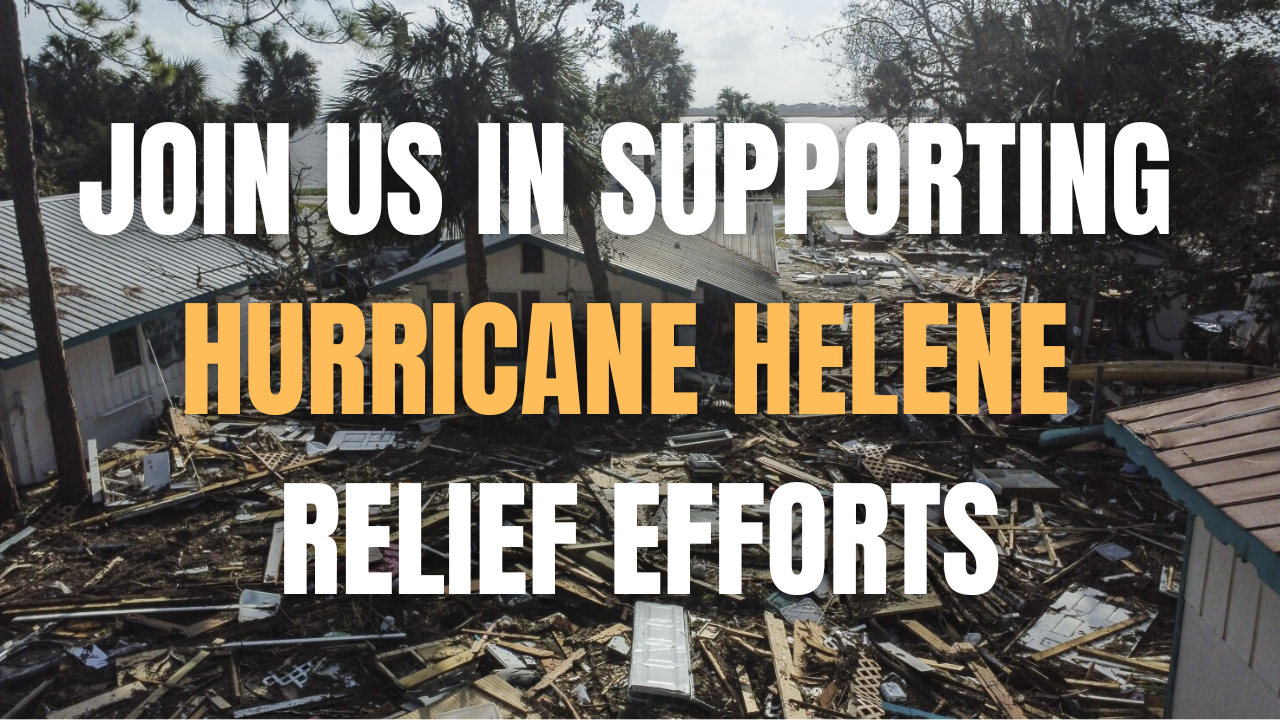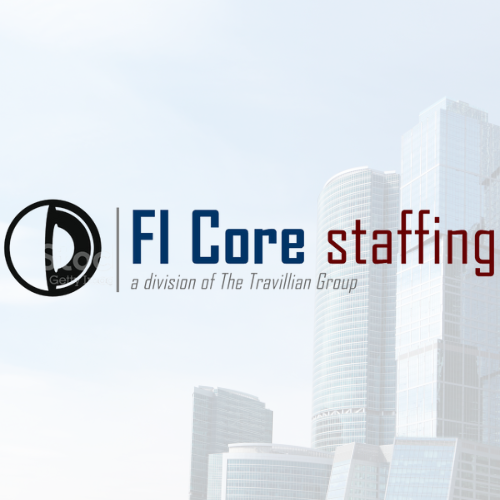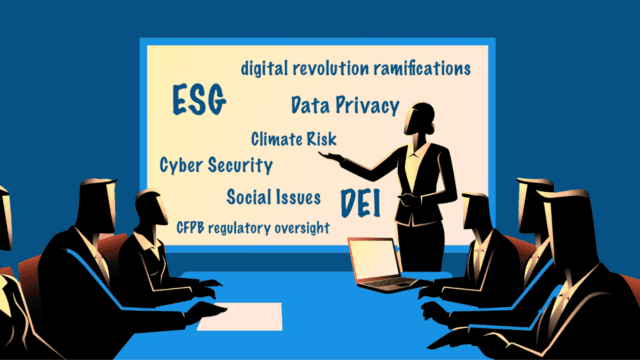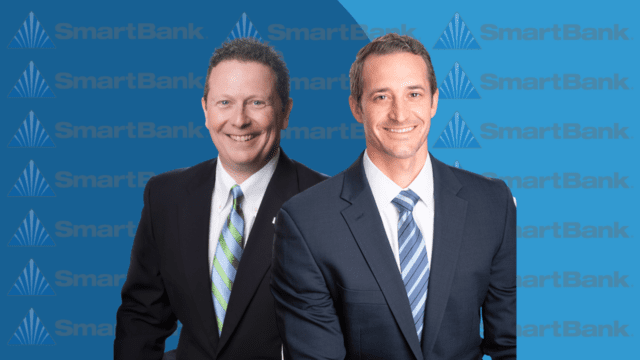Join Keith Daly, Principal, Banking & Fintech Search at Travillian, as he sits down with two industry leaders, Adam Watts, President & COO at Save and Chris Rigoni, Senior Managing Director, Head of Enterprise Payments, BaaS Sales & Implementation at Webster Bank, to explore why their partnership has been flourishing and to gain valuable insights on how to navigate the complex world of bank-fintech partnerships.
Through their extensive experience in the industry, Adam and Chris highlight the importance of clear communication, shared values, and foundational principles to build a successful partnership that benefits both parties. Their advice is invaluable for fellow fintechs and banks looking to embark on a journey together and achieve mutual success in the competitive world of banking and fintech.
Don’t miss this opportunity to gain valuable insights and learn from the best in the industry! Join Keith, Adam, and Chris in this thought-provoking conversation on the critical elements of successful bank-fintech partnerships.
A Fintech / Bank Relationship Shouldn’t Be A Pain in the BaaS
1:40 | Overview of Save
Adam Watts: I’m the President COO over at Save and at a very high level, what we do is we integrate market returns into traditional bank products in order to be able to enhance the yield that they would give versus sort of a traditional plain vanilla type bank product.
So we work on the saving side and the card side. On the savings side, we replace the interest that a savings account would get with market returns. On the card side, we replace the rewards or the points that a card would get with market returns. In either case, whenever we integrate market returns into that bank product category, what you’re going to see is that because of this additional yield it’s going to outperform the market leaders within that space by about two to three times.
Last September we launched with Webster, the Market Savings Program. And that instead of getting interest, you’re getting market returns with a savings account. And the net effect of that is that we’re advertising right now an average expected yield on those accounts of around 8.3%.
You compare that with the best savings accounts that are in the United States right now, the highest yield, they’re roughly at that 4.2, 4.3% range. We’re outperforming those by about 2%. The key is, is that that’s pre-tax. Most, in fact, all savings accounts in the United States are, the interest on them is taxed as ordinary income because we’re providing investments.
Those investments are actually taxes, long-term capital gains. And so when you look at it after tax, the relative advantage actually goes up to about four times. It’s a huge change.
Keith Daly: So you’re getting the higher return, but also the risk is mitigated, right?
Adam Watts: No, you do.
You get the best. So for our customers, the key is, is that we never put the customer’s deposit at risk. We never touch that cash. They still get that safety and security associated with an FDIC insured bank deposit while at the same time, they’re getting this enhanced yield associated with the market return component.
So it’s a very differentiated profit, product for the banks themselves. And an important conversation you always have to have within the FinTech community is not just about achieving differentiation. Is this a sustainable advantage that you’re going to be able to achieve over time?
And we think that the value proposition is such that it’s going to allow you to be able to achieve that.
5:33 | Webster Overview, BaaS Program & Partners
Keith Daly: Tell me a little bit about what’s happening at Webster and you BaaS program and partners.
Chris Rigoni: Our BaaS program has been running for a little bit.
We’ve been in an industry for a decent amount of time, a couple years or so now, and growing. We’ve got Save live with us, as Adam mentioned in last September. We also have Grow Business Banking and Bright Find and others. It’s been really a lot of fun, right?
I mean, the great thing for me in this role with Banking-as-a-Service is I get to work on the leading edge of these innovations that the fintechs are doing and get to see the new and cool stuff that’s coming in the market, right? I get to see the different spends on products that banks typically offer like Save is doing.
I think we’ve had a great relationship with Save. We’ve had a really good time kind of expanding and it’s been beneficial for the bank. Both from a deposit standpoint, fee revenue, and all of those things that banks typically look for anyway. Just generally, I think BaaS has been really, from a product standpoint, we’re all about relationship.
We want it to be a true partnership at Webster and we try our best to make sure it is that. We want to communicate very effectively and we want to partner to make fintech better, not only in risk and compliance and other areas, but also generally for their product and expansion.
If there are areas that they can expand and move into that we think would be beneficial, we want to suggest those. We want to use the data that we see and experience that we have in financial services to kind of offer that. And not only deposits but payments in other areas. A lot of great stuff happening.
On the flip side of that, we get the benefit of, if there’s something interesting out there, we can white label it. We can actually offer it to our customers internally, which is also nice. From a banking perspective, I think the vast space has multiple different uses and multiple different benefits to a bank, and we’re experiencing all this for sure.
7:51 | How Save Vets Out Potential BaaS Partners
Keith Daly: How did you guys meet? When you were vetting out potential partners, what stuck out about Chris and his team and Webster that had your firm so much invested in this? What separated other potential BaaS partners?
Is it like a courtship in the beginning? Do you meet with a bunch of different BaaS partners and you figure out who’s the best relationship? How does that work kind of at the beginning of that partnership?
Adam Watts: It works differently based on where you are in your own sort of experience level.
If it’s your first relationship, then you’re going to behave a little bit differently than if it’s going to be if it’s your second or third, et cetera. And in our case, we have integrated at this stage with three different BaaS partnerships throughout the history of this company and have also integrated sort of operationally with other banks during that period of time.
Initially, when you are first getting started as a fintech where your focus typically is on the pricing side, because a lot of these fintech models are very low margin in general anyway and so they’re very sensitive to the pricing side whenever they’re looking at BaaS partnerships.
As we have grown as a company and been in the marketplace and learned, while I don’t want to discount the importance of pricing, I would say that that’s certainly a lot that’s of lesser importance to us. What we do is, we would look at first and foremost sort of the operational integrity of the bank partner.
That is really kind of critical, I think whenever you are considering a BaaS partnership. I like to say that I’m the son of a NASA engineer and so I kind of grew up in that whole ethos of mission-critical processes. In my former firm and in this firm, we’ve done a lot to really try to espouse that philosophy of building layer upon layer of redundancies into the operations in order to be able to make certain that the mission is achieved.
It’s very important that when you’re dealing with finance and people’s money that you’re dealing with a BaaS partner that really kind of maintains that same approach in terms of how they do things. So the BaaS partnership itself can’t be viewed as a service provider, just a transactional level.
Instead, it needs to be something that you’re looking at, somebody that you’re going to be working with on a day to day basis. But back to your question in terms of sort of how things played out and that, what I think is probably the most important thing in any of these types of past relationships is a commitment to the business model that the fintech is actually trying to achieve.
We started working dialogues with Webster actually prior to obviously the pandemic sort of disrupted a whole bunch of type of things and from an innovation perspective, but we had numerous conversations, ongoing dialogues with our senior management in terms of the business model, in terms of the differentiation, how we were attempting to be able to achieve this enhanced return.
They bought into it and they became committed to it. It’s a commitment to the business model and the relationship that I think is ultimately the key because it’s exactly what Chris said earlier. If, if there’s a commitment on the part of the BaaS partner to the financial MO model, then they are not just a service provider, they’re a partner in the business endeavor that’s going to take place and that flows through everything.
It flows through. The beginning, the pricing, the contract, the terms of how the deal’s going to work, it flows through how you interact with that BaaS partner on a day-in, day-out basis from an operational perspective. And then probably equally important is that we’re talking about innovation here and all innovation has sort of a diffusion of innovation curve where there are early adopters and later adopters.
And those beginning stages of actually innovating require a commitment from the senior management of both firms in order to be able to kind of incubate that concept as it starts to ramp up. It all comes down to commitment.
13:14 | What Webster is Looking for When Trying to Decide to Partner with Fintechs
Keith Daly: We have a lot of BaaS clients and potential fintechs come to them and see if they’re a good fit. What are you looking for on the Webster side when you decide to partner with a Save or other fintechs?
It’s a reputational risk. There’s a lot of risk in compliance that goes into it. So you wanna make sure from the bank that the partnership and the firm you’re working for has controls in place, has great communication and leadership. What do you look for when you go into that relationship?
Chris Rigoni: The financial aspect obviously is important, right? We have to believe in the business case. We have to believe it’s going to be successful. I think a lot of that comes down to how the fintech explains what their business is. If you’re really innovating on current products or you have something brand new that no one’s ever seen, or if that’s your thought process, then you’re going to have to be able to articulate that.
You’re going to have to be able to explain not only what it is that you’re doing, but also why it’s so innovative and why people are going to care. You’re going to have to convince, a bank that’s going to be a sponsor bank, that you’re going to be successful in that. Take Save for example, it’s not that it’s an overly complex product, but it is more complex than just a savings account, right?
So we have to be able to articulate that internally to risk and compliance partners. And we have to be able to understand that enough to say, I think people are going to buy this. I think people are going to like this and I think it’s going to be successful and we want to support you in doing that.
So that’s one piece. I think the other piece is commitment to their product and commitment to doing it correctly. And that doesn’t mean that from a risk and compliance perspective, we can’t check the same box in a different way. I think that’s important and that’s an important conversation to have and innovation doesn’t happen without that.
But at the same time, if the commitment is not there, both in getting help externally or hiring the correct people internally, taking the time to build out the necessary blocking and tackling pieces, whether it’s disclosures or policies and onboarding processes and all of these types of things.
If that’s not there, it’s going to be tough. I get everybody has to start somewhere. But for us specifically, it definitely helps a whole lot if fintech is a little more mature in that level or has the help to kind of usher them.
The final thing is we look at the founders and we look at the people that we’re working with. Are these people we think are going to be reliable? Or are these people that are going to communicate? Do they communicate well already? That goes back to the first point of communicating the business case. Is this a partner we’re going to be able to work with through ups and downs?
Because inevitably, everything can’t be all rainbows and butterflies. We’re going to have some tough times. We have conversations and walk through things and resolve issues. Are these people that are going to provide solutions and bring something to the table or are they going to kind of sit back and wait for us to do whatever it is we need to do or offer solutions to them?
And I think the true partnership there is really what we’re looking for. And I think it goes again, back to what Adam said, it’s all about the commitment to the best sponsor that we have skin in the game. They have skin in the game, let’s partner to get this thing to work and to be successful.
Adam Watts: One thing I can piggyback on, that Chris just said, maybe share the love a little bit because Webster is a complete all-star on this particular level, is that another sort of learning that we have had from having been in this space for a while is that if you’re looking at a BaaS partner, we want BaaS partners that really place a priority on risk and compliance.
Because it’s strange. It’s the first part of the conversation that you’re going to have with a BaaS partner. When you’re talking about things, we’ve already kind of listed all of those types of things, you start off with the business model. You start off with operational integrity. You start off with the teams and all of that.
But strangely, the commitment to risk and compliance has a variety of sort of follow-on effects. It’s almost akin to how John Wooden used to go, the very first thing that he would do with the basketball players over at UCLA was to teach them how to put their socks and shoes on. And in that same type of vein, it sets the tone for the relationship, it sets the tone of paying attention to details, and then everything else starts to sort of flow through off of that.
And then apart from the individual BaaS-Fintech relationship, I think that’s pretty important for the entire BaaS ecosystem because as vast frameworks and partnerships grow and become a greater part of the banking system as a whole, obviously that’s going to gain greater and greater attention from the regulatory oversight that exists out there.
And I think that that’s healthy, but it’s also important for the participants in the system to actually be proactive in actually setting a very high standard, for all the participants in the ecosystem in order for BaaS in general to progress. This is an area, by the way, that Webster’s unmatched.
They check all the boxes, they’re very good. As I mentioned earlier, the leadership at Save, we all came from banking and the investment space, so we’re very comfortable with sort of the regulatory requirements that exist within this space. But Webster both ups our game and we try to up their game too.
And so we think that that’s really important from a relationship perspective.
21:13 | Adam & Chris’ Final Takes on BaaS Partnerships
Adam Watts: Before you even contemplate entering into a BaaS partnership, do your homework on your business model.
Do your homework on the validity of your business idea and everything. As I said, we consider ourselves a little more fin than tech and your product probably needs to be one that would be successful. Without the tech, to a certain degree, that might be an unfair characterization, but it can’t be entirely tech dependent.
It needs to be a model that’s differentiated, and that has a sustainable competitive advantage. That’s going to make a huge difference in terms of the dialogues that you have with the different vast partnerships that are available there. And a lot is going to flow from there.
Chris Rigoni: I would say, make sure that you have your infrastructure and risk and compliance in place. BaaS isn’t something you try, right? It’s something you either do or don’t and it’s going to take investment to do it correctly. Whether that’s an investment in a partner, in an intermediary, or whether that’s investment internally for infrastructure to be able to support it.
But even if you go through an intermediary and the technical infrastructure is outsourced, by and large, you still have to have those folks internally that are on board and are ready and waiting to support the fintech and the risk and compliance pieces and from a risk and compliance perspective, the thing that I would say and kind of add on to what we’ve already said on that is that so far at least there’s not anything new, right?
All of these regulatory bodies aren’t coming out there and offering anything new. They’re basically looking at what’s in the market and saying, hey, this is existing. That needs to be followed. So we’re not recreating the wheel here. It’s still financial models.
It’s still the same revenue streams that have always been. Focus on that.
As far as the fintech partnerships are concerned, I would give a little piece of advice to any fintech founder, somebody looking to partner with a BaaS. Do research on your business model, but also make sure you can articulate it well. Make sure you’ve practiced that presentation and the presentation that you take to the investors is not the same one that you’re going to take to the BaaS bank. You’re not trying to win over investment.
That may be a side benefit to what you’re doing because some of the banks do invest. But by and large, if you’re looking for a BaaS sponsor, you need to be able to articulate what you’re offering, why it’s differentiated, how it’s going to be successful, what your marketing plan is, and also what services that you need from them.
And what your projections are, how you’re going to perform. I think it’s an exciting space. I think we’ve see new banks, right and left that are thinking about getting into it. I think the data, the latest data sells, say about 85% of banks say they are either thinking about or are currently working on getting into the BaaS space.
So, I think it’s going to explode and still in the process of doing that. There’s more exciting times to come.
Travillian’s Banking and FinTech Practice provides Search and Talent Advisory services to depository institutions across the country. Established in 1998, the firm has built a unique platform that touches every corner of the industry. To learn more, click here, or get in touch below!
|
Keith Daly, Principal -Banking & Fintech Search
(610) 908-5968 | kdaly@travilliangroup.com |













